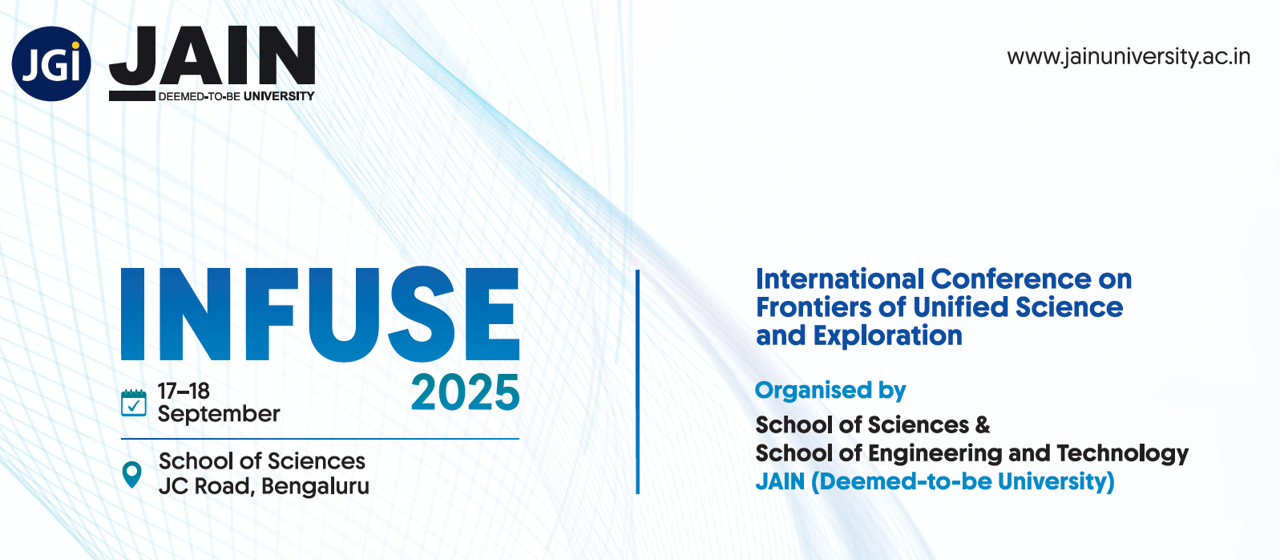Speakers
Description
Halophilic microorganisms, adapted to thrive in hypersaline environments, have emerged as promising candidates for bioremediation of saline industrial effluents such as textile wastewater. This study aimed to isolate and characterize halophilic bacteria from marine water samples collected along the Bay of Bengal (Tamil Nadu, India) and evaluate their potential for degrading Procion dyes, widely used but persistent pollutants in the textile industry. Six morphologically distinct bacterial isolates were obtained and screened for dye degradation ability. Among them, Bacillus subtilis SMJU-4 (ACT), Pseudomonas aeruginosa SMJU-3 (PSUDO), and Micrococcus luteus SMJU-2 (M1) demonstrated superior degradation efficiencies, achieving up to 97%, 89.3%, and 95% decolorization, respectively, within 96 hours. Biodegradation was confirmed through UV–Visible spectroscopy, FTIR, GC-MS, and TLC, which revealed cleavage of azo bonds, breakdown of aromatic rings, and formation of low-molecular-weight intermediates. Enzymatic assays indicated significant azoreductase activity, particularly in PSUDO (2.43 U), supporting its role in azo bond cleavage. Importantly, phytotoxicity assays showed that treated effluents significantly improved seed germination, root and shoot growth, and biomass compared to untreated dye controls, confirming reduced toxicity. This study highlights the underexplored potential of marine halophiles from the Bay of Bengal as eco-efficient agents for bioremediation of saline textile effluents, paving the way for sustainable wastewater management strategies.
Keywords: halophiles, textile dye, degradation, phytotoxicity

